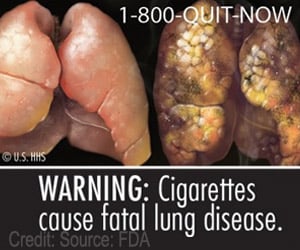Trained peers with lived addiction experience are just as effective as clinical social workers in reducing opioid overdoses.

Effect of a peer-led emergency department behavioral intervention on non-fatal opioid overdose: 18-month outcome in the Navigator randomized controlled trial
Go to source).
Opioid Overdose Intervention: New Insights
A recent randomized controlled trial involving over 600 ED patients at high risk of opioid overdose in Rhode Island revealed that peer recovery support specialists—individuals with personal experience of addiction—were equally effective in reducing opioid overdoses compared to licensed clinical social workers. This indicates that intervention techniques informed by lived experience are as effective as those informed by traditional social work theory and practice.‘#Opioidoverdoses have become a significant public health crisis. In many countries, including the United States, opioid overdoses are a leading cause of accidental deaths. #drugabuse #drugaddiction’





The standard form of support delivered by certified peer recovery support specialists is different from the standard form of support delivered by licensed clinical social workers, though both are evidence-based. Both forms of support use evidence-based interviewing and intervention techniques and provide patients with referrals for post-ED support. But certified peer recovery support specialists also provide ongoing support in the community for up to 90 days after ED discharge. That support focuses on helping the patient to overcome barriers to treatment and recovery, educating the patient in overdose prevention, and promoting the patient’s retention in treatment. Support from licensed clinical social workers typically ends when the patient leaves the ED.
This trial included 648 ED patients at high risk of opioid overdose, of whom 323 were randomized to receive support from a peer recovery support specialist and 325 from a licensed clinical social worker. Most participants (96.8%, n=627) completed the randomly assigned ED intervention.
Within 18 months, 81 participants randomized to the peer recovery support specialist arm (25.1%) experienced a non-fatal opioid overdose compared with 95 who were randomized to the licensed clinical social worker arm (29.2%, p=0.24). The study also found no significant difference between the peer recovery support specialist arm and the licensed clinical social worker arm on fatal opioid overdoses.
Lead author Dr. Laura Chambers, from the Brown University School of Public Health, says: “Non-fatal opioid overdoses are an important predictor of future overdose death, so when someone presents at an emergency room with an overdose or a recent history of overdose, there is an opportunity to offer risk-reduction services to someone with a high risk of future overdose. Some emergency departments now use peer recovery support specialists to deliver some of those services, but we’re still finding out how well that works compared with more accepted sources of support. The results of our trial strongly suggest that trained peers, and the sort of sustained support they deliver, are just as effective at preventing opioid overdoses as the support offered by traditionally trained clinical social workers.”
Advertisement
- Effect of a peer-led emergency department behavioral intervention on non-fatal opioid overdose: 18-month outcome in the Navigator randomized controlled trial - (https://onlinelibrary.wiley.com/doi/10.1111/add.16581)
Source-Eurekalert














